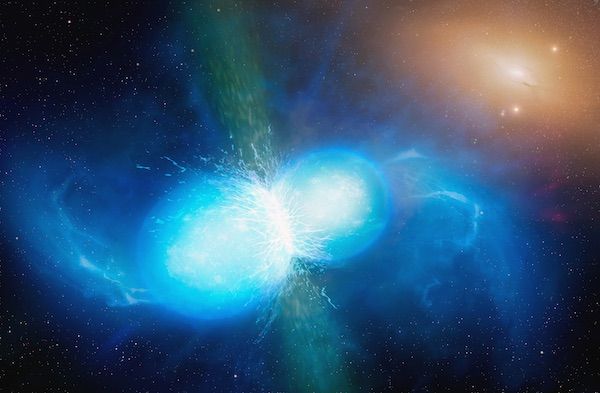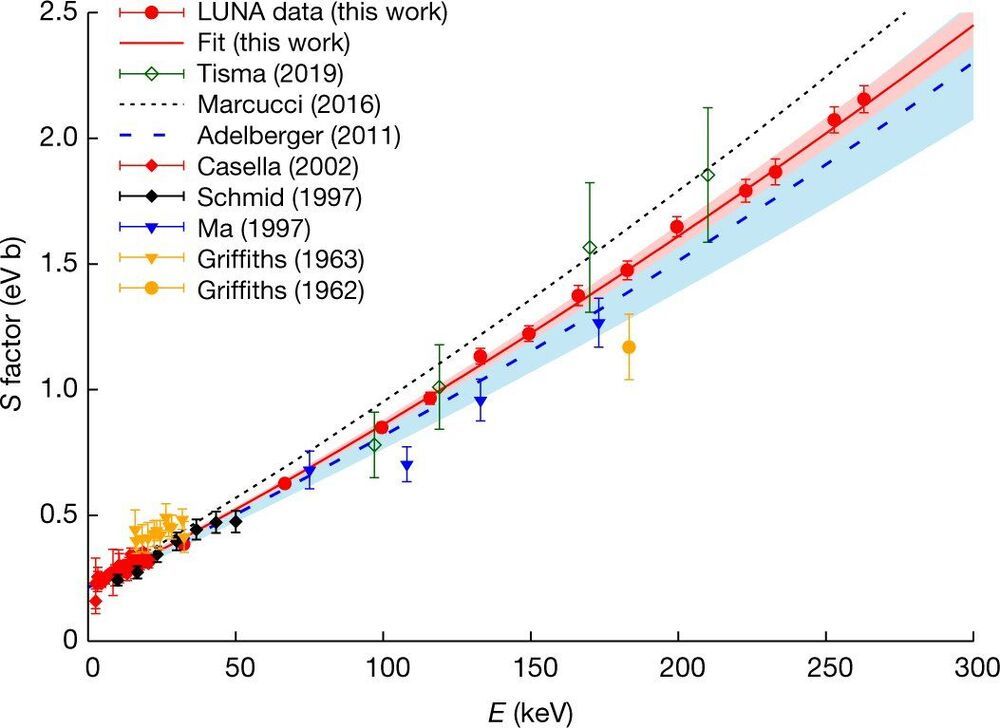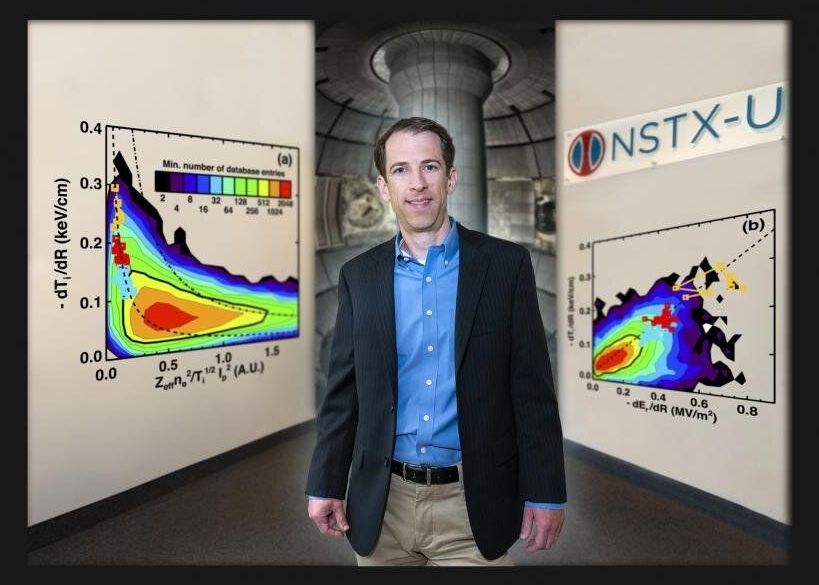O,.o.
Physicists from MIPT and Vladimir State University, Russia, have converted light energy into surface waves on graphene with nearly 90% efficiency. They relied on a laser-like energy conversion scheme and collective resonances. The paper was published in Laser & Photonics Reviews.
Manipulating light at the nanoscale is a task crucial for being able to create ultracompact devices for optical energy conversion and storage. To localize light on such a small scale, researchers convert optical radiation into so-called surface plasmon-polaritons. These SPPs are oscillations propagating along the interface between two materials with drastically different refractive indices—specifically, a metal and a dielectric or air. Depending on the materials chosen, the degree of surface wave localization varies. It is the strongest for light localized on a material only one atomic layer thick, because such 2-D materials have high refractive indices.
The existing schemes for converting light to SPPs on 2-D surfaces have an efficiency of no more than 10%. It is possible to improve that figure by using intermediary signal converters—nano-objects of various chemical compositions and geometries.








